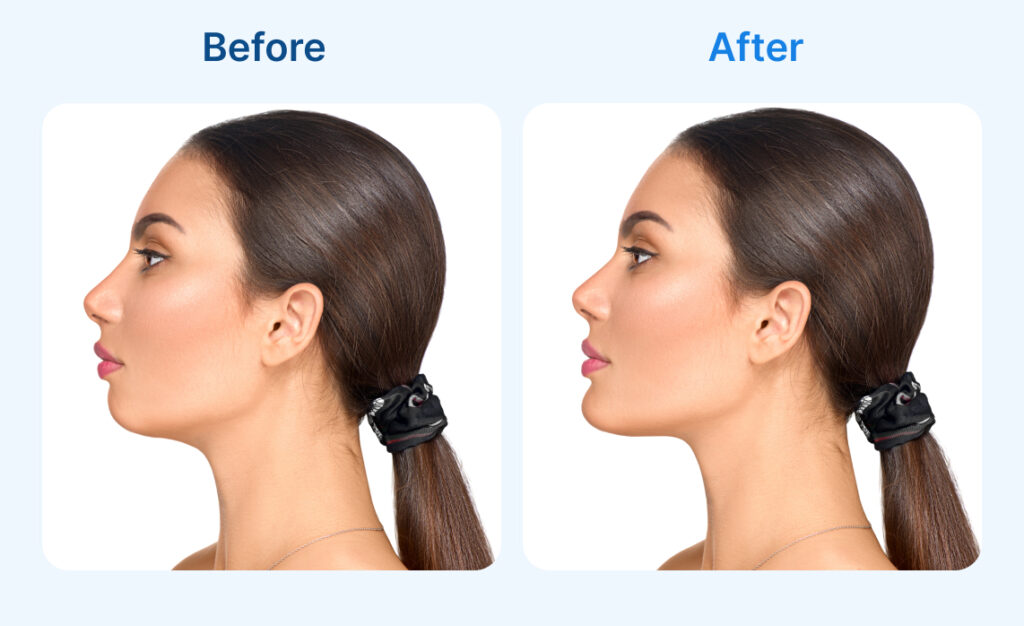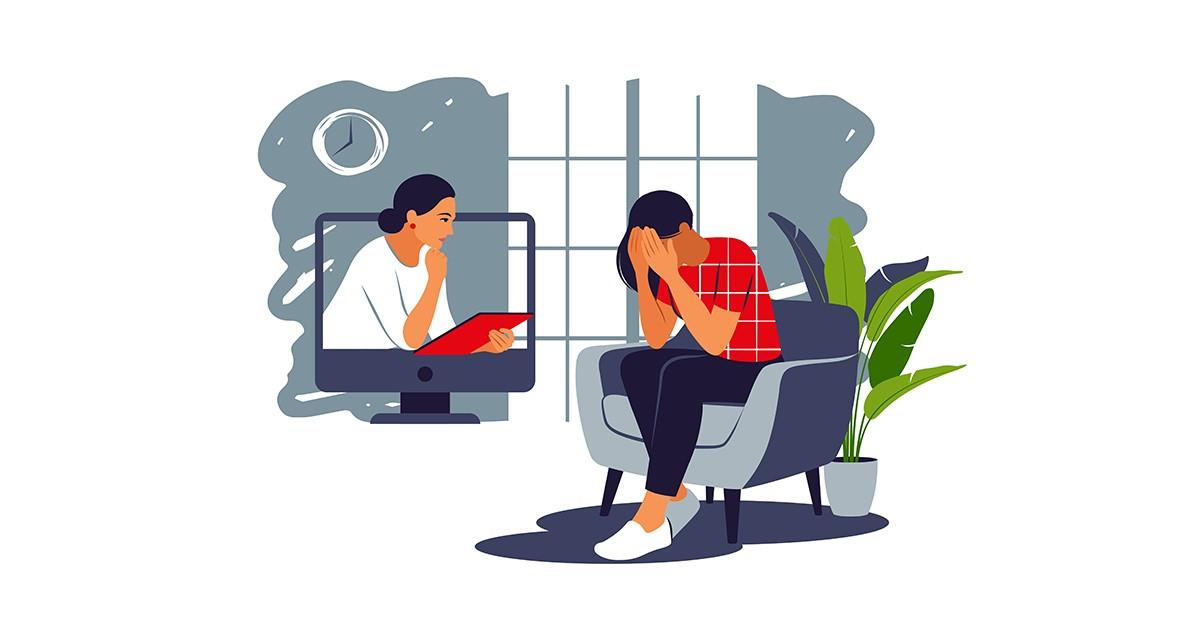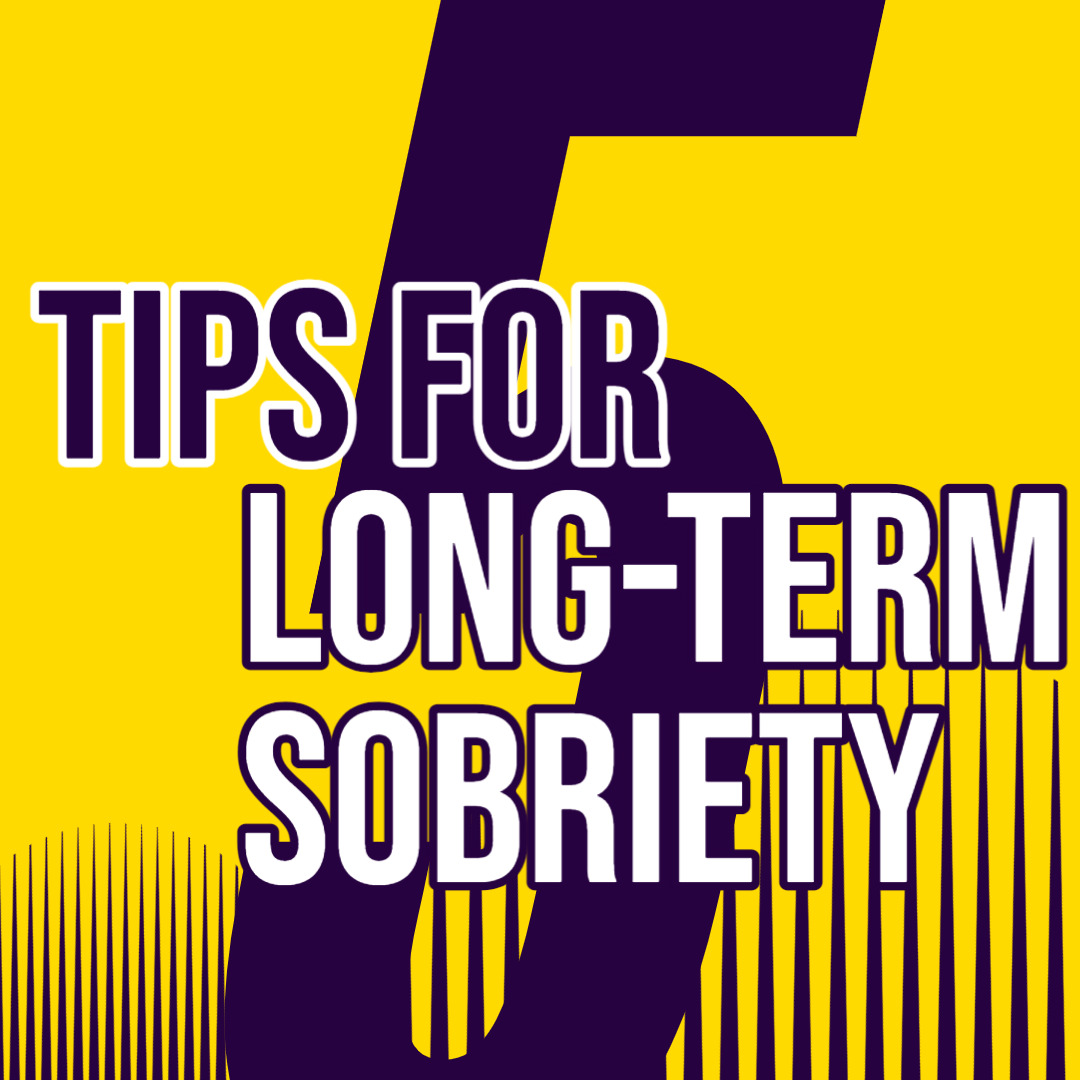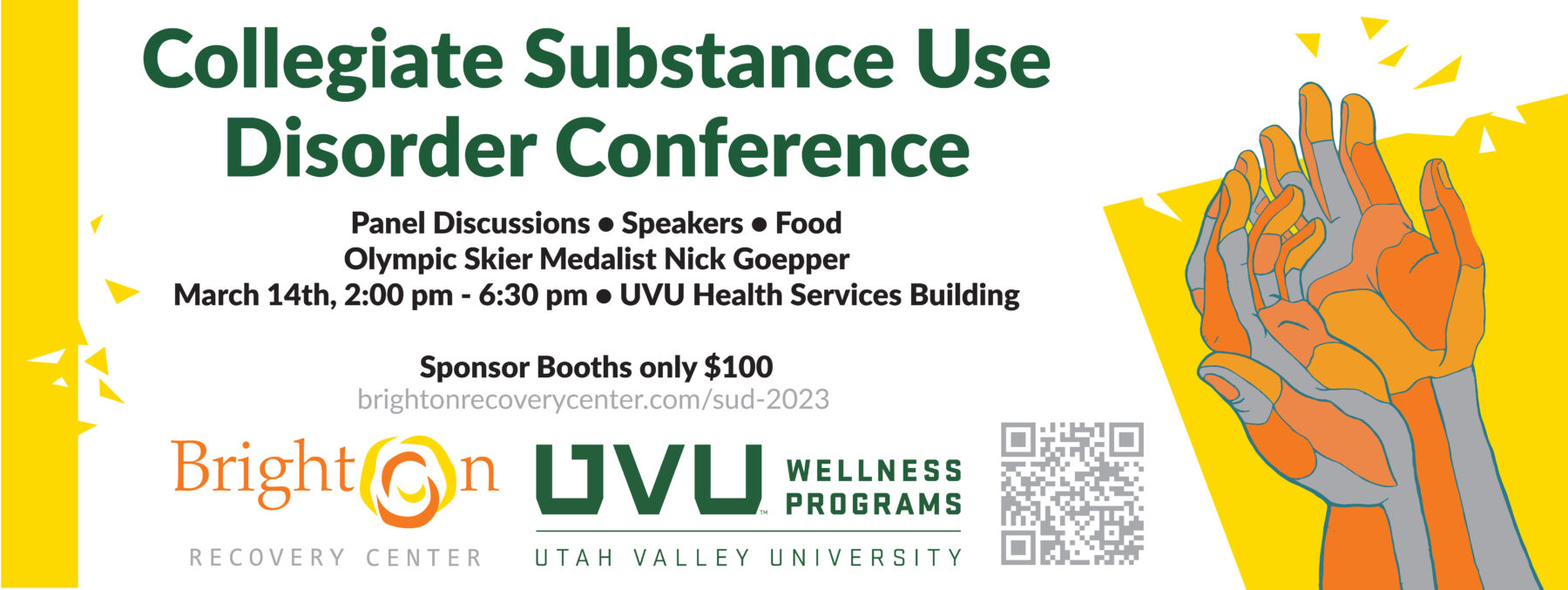Early recovery from alcoholism can be a challenging but ultimately rewarding process. It is vital for individuals to be aware of the challenges they may face and to develop a plan for addressing them. The post Exploring Different Treatment...
Exploring Different Treatment Approaches in Addiction Recovery
Addiction is a complex and pervasive issue that affects millions of individuals worldwide. Whether itís substance abuse, alcoholism, or behavioral addictions, the impact on physical and mental health, relationships, and overall well-being is profound. Fortunately, there are various treatment approaches available to support individuals on their journey to recovery. In this blog post, we will explore different treatment approaches in addiction recovery, shedding light on the diverse options that can help individuals overcome addiction and reclaim their lives.

Medication-Assisted Treatment (MAT)
Medication-assisted treatment (MAT) is a well-established approach for addiction recovery, particularly for opioid and alcohol use disorders. MAT combines FDA-approved medications with counseling and therapy. These medications, such as methadone, buprenorphine, and naltrexone, help manage cravings and withdrawal symptoms, allowing individuals to focus on their recovery without the constant struggle against physical dependence.
MAT is not a one-size-fits-all solution, and the choice of medication depends on the specific addiction and individual needs. It has been shown to improve retention in treatment, reduce illicit drug use, and lower the risk of overdose, making it a valuable tool in the fight against addiction.
Behavioral Therapy
Behavioral therapy is a cornerstone of addiction recovery. It helps individuals identify and change the unhealthy behaviors and thought patterns that contribute to addiction. Several evidence-based behavioral therapies have proven effective:
a. Cognitive-Behavioral Therapy (CBT): CBT helps individuals recognize and modify the negative thought patterns and behaviors that drive addiction. It equips them with coping strategies to handle triggers and stressors.
b. Motivational Interviewing (MI): MI is a client-centered approach that explores an individualís intrinsic motivation to change. It helps individuals resolve their ambivalence toward recovery and build commitment to sobriety.
c. Contingency Management (CM): CM provides tangible rewards or incentives for achieving abstinence and meeting treatment goals. This approach reinforces positive behaviors and can be especially effective for stimulant addiction.
Inpatient and Outpatient Treatment Programs
The choice between inpatient and outpatient treatment programs depends on the severity of the addiction and individual circumstances.
a. Inpatient Treatment: Inpatient rehab programs offer 24/7 supervision and support in a structured environment. They are ideal for individuals with severe addiction or those facing a high risk of relapse. Inpatient programs provide intensive therapy, medical care, and a break from triggers and temptations.
b. Outpatient Treatment: Outpatient programs allow individuals to receive treatment while living at home. They offer flexibility and are suitable for those with less severe addiction or strong support systems. Outpatient programs may include individual counseling, group therapy, and medication management.
12-Step Programs
12-step programs, such as Alcoholics Anonymous (AA) and Narcotics Anonymous (NA), have been instrumental in helping countless individuals achieve and maintain sobriety. These programs provide a supportive community of peers who understand the challenges of addiction. The 12 steps outline a spiritual and behavioral framework for recovery, emphasizing self-reflection, making amends, and helping others.
Participation in a 12-step program can be a lifelong commitment, offering ongoing support and accountability. Many individuals find solace in the fellowship and the spiritual component of these programs.
Holistic and Alternative Therapies
Recognizing that recovery success at an addiction recovery center is not one-dimensional, holistic and alternative therapies have gained popularity as complementary approaches. These therapies address the physical, emotional, and spiritual aspects of addiction:
a. Yoga and Meditation: Mindfulness practices like yoga and meditation help individuals manage stress, reduce cravings, and enhance self-awareness. They promote relaxation and emotional well-being.
b. Art and Music Therapy: Creative expression can be a powerful tool in healing. Art and music therapy provide a non-verbal outlet for emotions, facilitating self-discovery and healing.
c. Acupuncture and Massage: These therapies can help alleviate physical discomfort during withdrawal and recovery. They promote relaxation and improve overall well-being.
Dual Diagnosis Treatment
Many individuals with addiction also struggle with co-occurring mental health disorders, such as depression, anxiety, or bipolar disorder. Dual diagnosis treatment integrates addiction treatment with mental health care, addressing both conditions simultaneously. Effective treatment considers the interconnectedness of addiction and mental health and provides a comprehensive approach for recovery.

Conclusion
Addiction recovery is a deeply personal journey, and the path to sobriety varies for each individual. Fortunately, there are numerous treatment approaches available, each with its own strengths and benefits. Whether itís medication-assisted treatment at an Addiction recovery center, behavioral therapy, inpatient or outpatient programs, 12-step programs, holistic therapies, or dual diagnosis treatment, the key is finding the approach that resonates with the individualís needs and preferences.
Successful addiction recovery often involves a combination of these approaches and ongoing support from professionals, family, and peers. Itís essential to remember that recovery is possible, and no one should face addiction alone. With the right treatment and a strong support system, individuals can overcome addiction and build a healthier, more fulfilling life in sobriety.
The post Exploring Different Treatment Approaches in Addiction Recovery appeared first on Brighton Recovery Center - Utah Addiction Recovery.












